Both hard and soft skills play an important part in career success. Hard skills are technical and include those learned by training or education, while soft skills are a personal quality that defines the person interacting with others. Knowing the differences between them and how to test them will give you the means to identify areas of strength from your employees and prospective employees so that better performance can be realized as well as a better collaboration leading to success overall.
- What Are The Hard Skills in The Workplace?
- Which Soft Skills And Traits Are Important for Excellent Employees?
- How To Assess Hard Skills or Soft Skills Online Using Onlineexammaker?
What Are The Hard Skills in The Workplace?
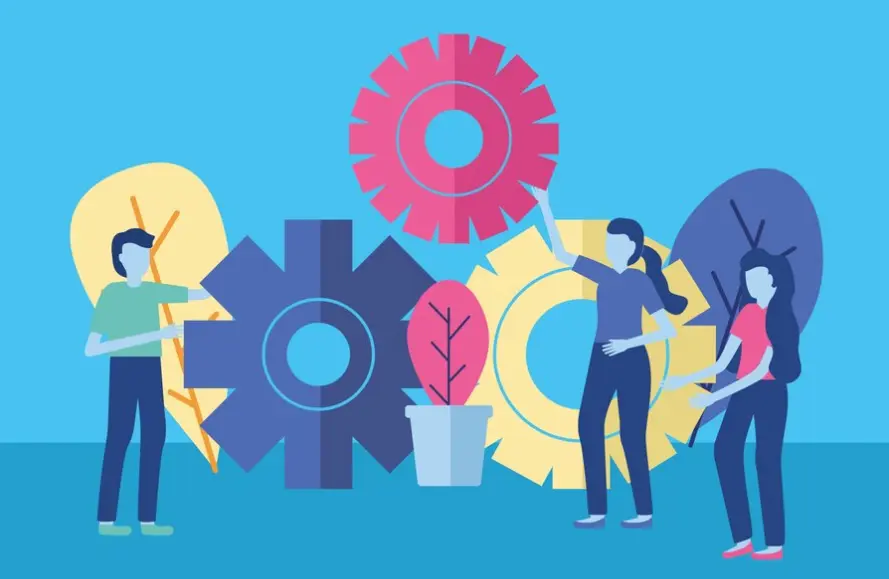
Hard skills consist of specific, teachable abilities that are usually acquired through formal education, training programs, or hands-on experience. Quite quantifiable, these can be tested. Examples of hard skills include proficiency in software programs, foreign language fluency, or the ability to operate machinery. These are often required for performing particular tasks at workplaces.
These skills will enable an employee to perform the technicalities of a job with a lot of effectiveness and precision. For instance, an accountant has to be thoroughly familiar with financial software, and a programmer should know how to code with Python or Java. Employers often give a lot of emphasis to hard skills when a professional is required in a technical field since a particular individual cannot meet the commitments of their employer without hard skills.
Which Soft Skills And Traits Are Important for Excellent Employees?
Although hard skills define the technical elements of a given job, in the same degree, soft skills are important because they bring along a good atmosphere and ensure proper communication between and among teams.
These qualities represent the interpersonal and emotional attributes defining how employees interrelate and relate to workplace challenges. Soft skills that stand at the very top of valuation include these traits and skills.
Communication
Clearly communicate and listen attentively is a significant factor in collaboration and building relationships in the workplace.
You might like to know
Create an auto-grading soft skills assessment without any coding – try OnlineExamMaker today!
Teamwork
With teamwork skills, employees will be able to work with others, creating a cooperative and supportive environment.
Problem-solving
The ability to think clearly and provide new ideas is very important in solving obstacles and adapting to the changes that take place within an organization.
Adaptability
The business world, it’s a fast-moving world, and companies highly recognize individuals who are easy to adapt to new tasks, tools, and environments.
Leadership
Good leadership will motivate others, provide the direction needed, and handle a team accordingly.
Emotional intelligence
This refers to understanding one’s emotions and the emotions of others to help in social interactions and dealing constructively with conflict.
While soft skills may be more evasive to define, they generally prove to be the keys to long-lasting success in any workplace. When both hard and soft skills find their perfect implementation in an employee, it immensely benefits the company’s culture, productivity, and growth.
How To Assess Hard Skills or Soft Skills Online Using Onlineexammaker?
Assessing both hard and soft skills effectively is crucial for identifying the right candidates or gauging employee development. Nowadays, digital tools like OnlineExamMaker offer an efficient and comprehensive solution for evaluating skills remotely.
Create Your Next Quiz/Exam with OnlineExamMaker
Hard and soft skills assessments can be performed online by following 5 steps on OnlineExamMaker.
Step 1: Create an Account and set up an exam
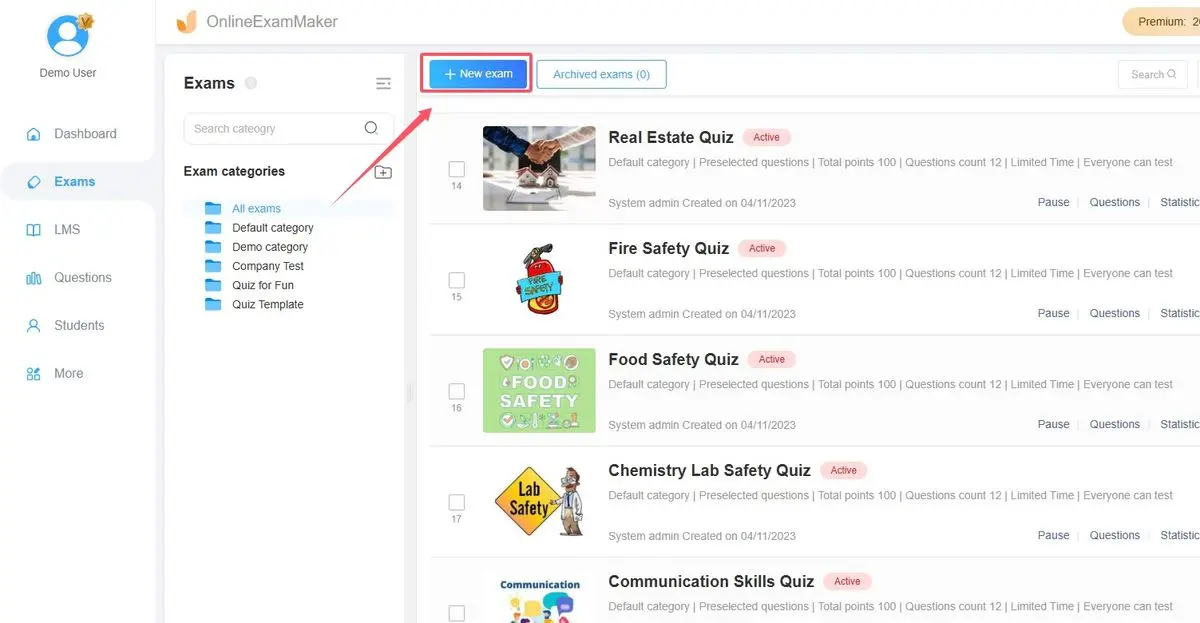
Log in and sign up on OnlineExamMaker. Click on “+ New Exam” button to create a new assessment.
Step 2: Define skills to assess
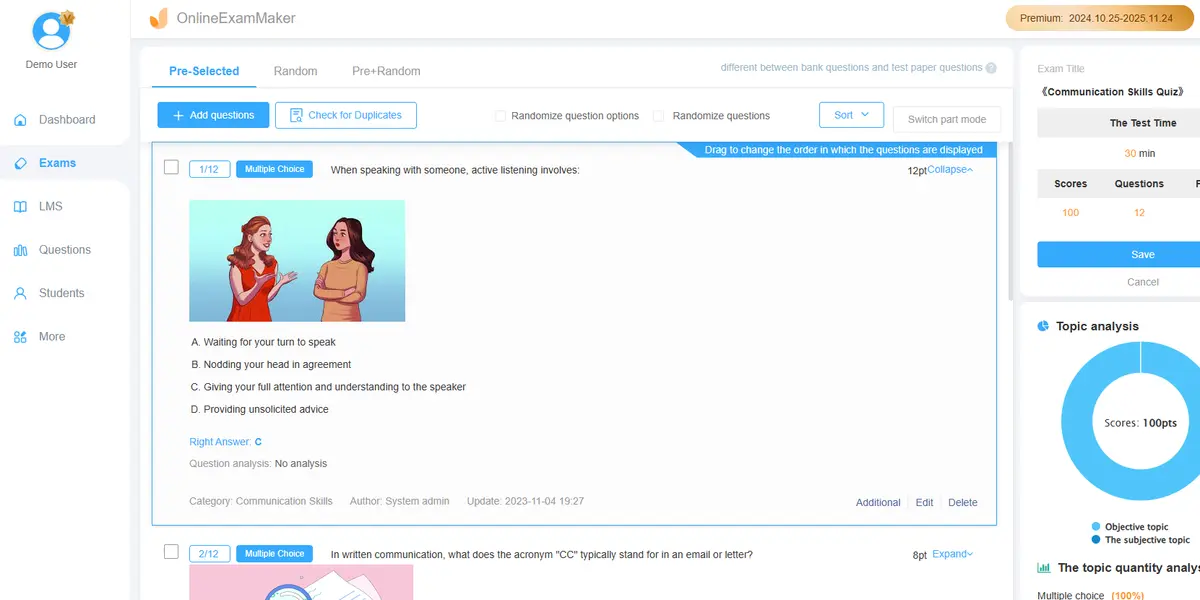
Identify the particular skills you’ll want to test- hard skills are something related to technology, like problem-solving or programming, while soft skills are normally interpersonal, things like communication, leadership, and decision-making.
Step 3: Design relevant skills questions
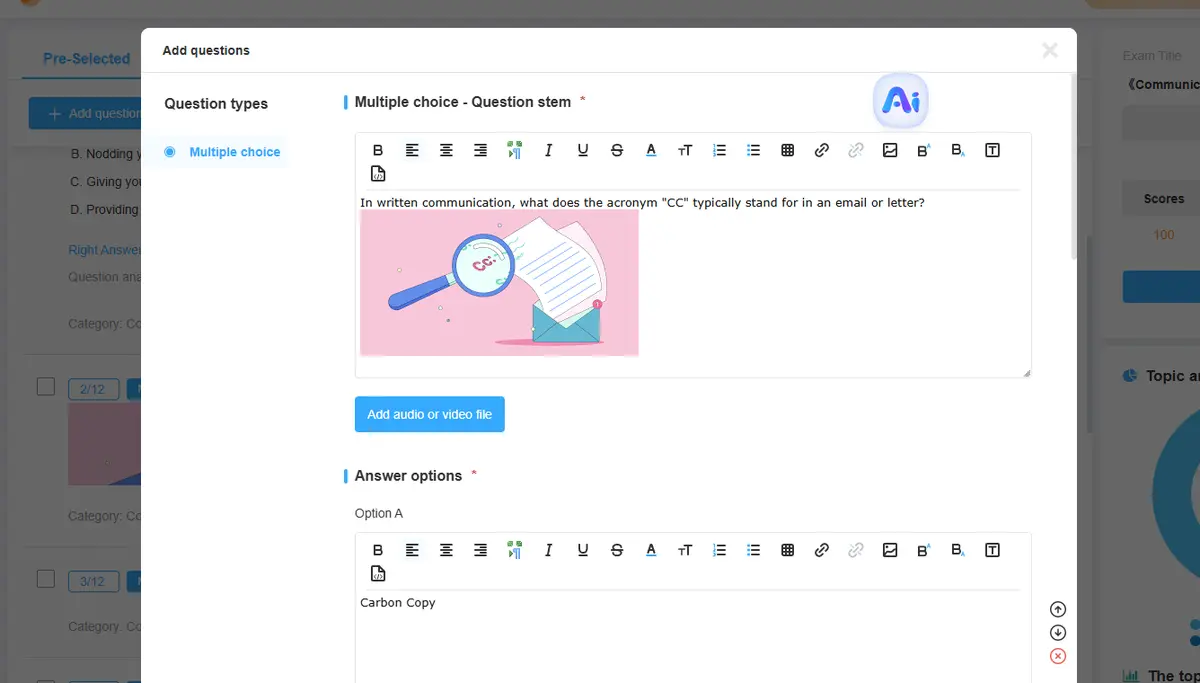
For hard skills, apply objective questions, such as multiple-choice or coding challenges. For soft skills, create scenario-based or behavioral questions that would help to gauge how the candidates would react in a specific scenario.
Step 4: Scoring and feedback
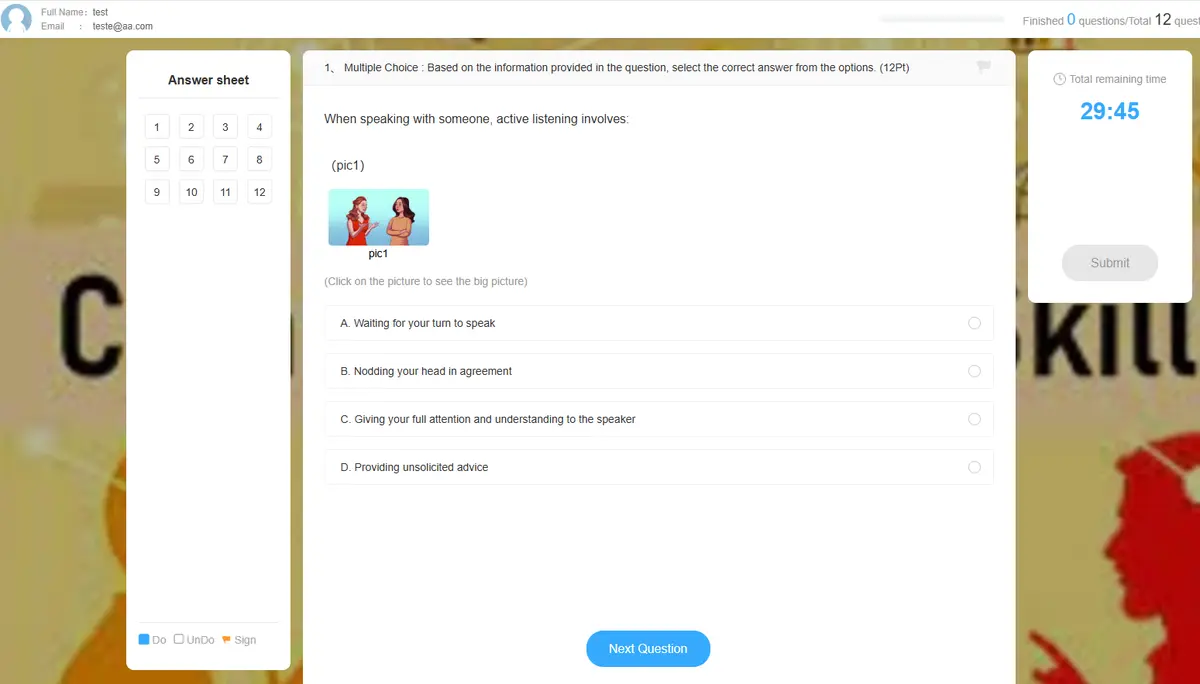
Establish scoring rules for each type of question. For example, hard skills could be scored for correct and incorrect answers, while soft skills would be qualitatively scored. Allow feedback on both to support further development.
Step 5: Distribute and review results
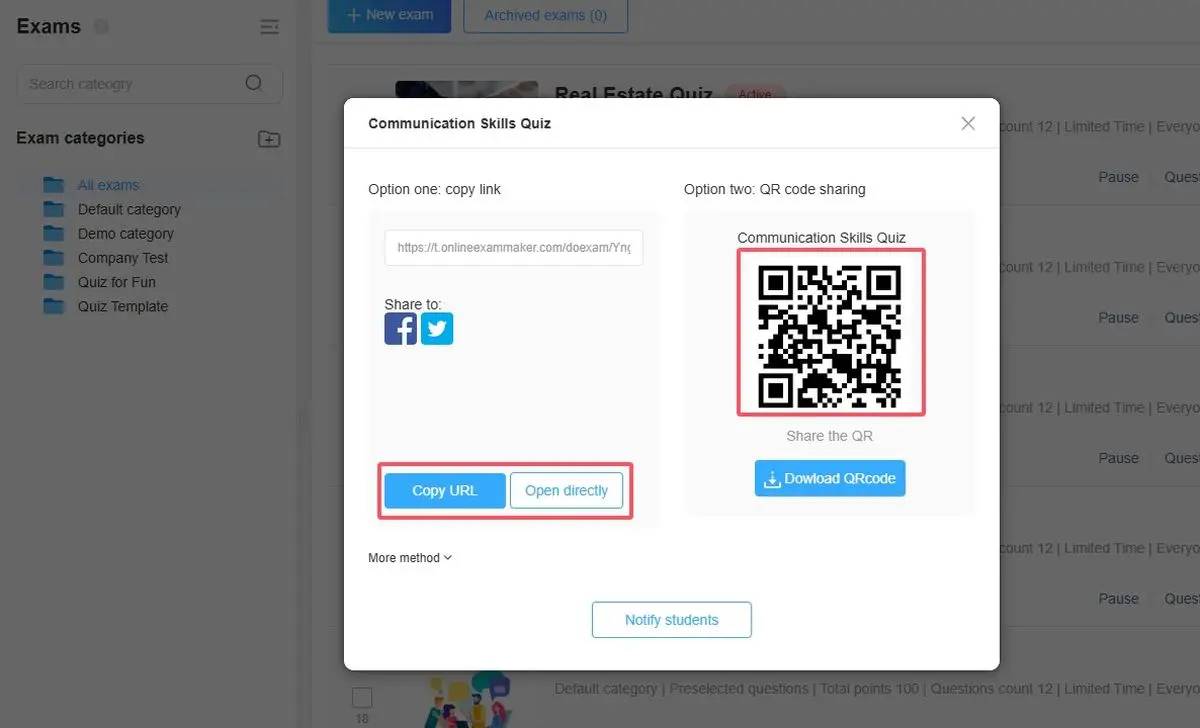
Share the link of the examination with the candidates. Once the test is completed, analyze the performance based on the analytics from OnlineExamMaker about technical proficiency and interpersonal skills. It makes it easier to check both hard and soft skills in an effective and streamlined manner.
In contrast, one needs to first understand and critically evaluate both the hard and soft skills for effectiveness and productivity. Hard skills help an employee deliver on a task, while soft skills make or will allow for a much more cohesive workplace. For an assessment in its proper light, tools such as OnlineExamMaker will help managers simplify the interview process by designing tests that consider an applicant’s level of technical experience and interpersonal ability. This is why, with the help of OnlineExamMaker, employers can ensure they are hiring candidates with the right mix of hard and soft skills, which means better performance and long-term success for the company.